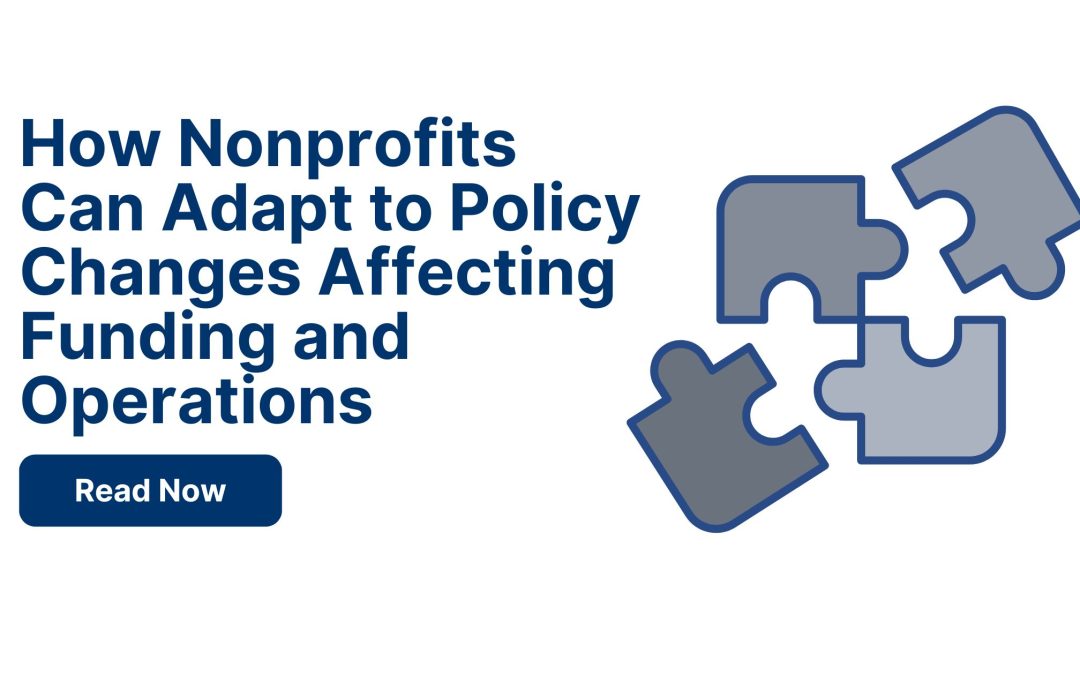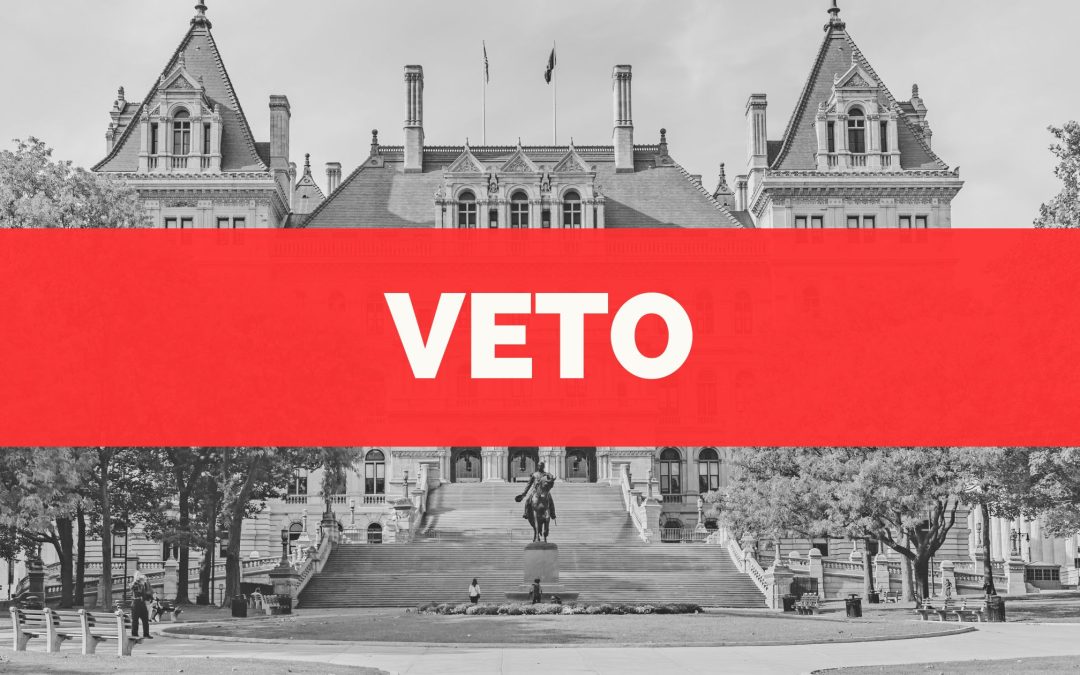The Hedgeman Law Blog

How Nonprofits Can Develop an AI Policy: A Step-by-Step Guide
In today's AI-powered world, nonprofits must develop a clear AI policy to ensure ethical, effective, and responsible use of artificial intelligence. AI can streamline operations, improve donor engagement, and enhance service delivery, but without proper governance, it...

How Nonprofits Can Adapt to Policy Changes Affecting Funding and Operations
Nonprofits play a critical role in addressing societal needs, often relying on government funding, grants, and loans to sustain their operations. However, recent policy shifts and federal funding freezes have created significant uncertainty, leaving organizations...
The Trump Administration’s Effect on the Nonprofit Sector
President Trump’s administration has brought about uncertainty for many in the non-profit sector. Based on recent Executive Orders (“EO”), organizations may experience limits or changes in federal funding & disbursement, the regulatory environment, investigation...

Governor Hochul Vetoes Bill Aimed at Supporting New York Nonprofits: What This Means for Your Organization
Recently, Governor Kathy Hochul vetoed legislation that would have eased financial burdens for nonprofit organizations in New York State. The bill, widely supported by nonprofit leaders, aimed to streamline reimbursement processes for organizations contracted to...

Online Giving Platforms and State Regulations: What Every Nonprofit Needs to Know
In the evolving landscape of nonprofit fundraising, online giving platforms have become indispensable tools for reaching donors. However, these platforms are subject to various state regulations that nonprofits must navigate to ensure compliance. Here's what every...
